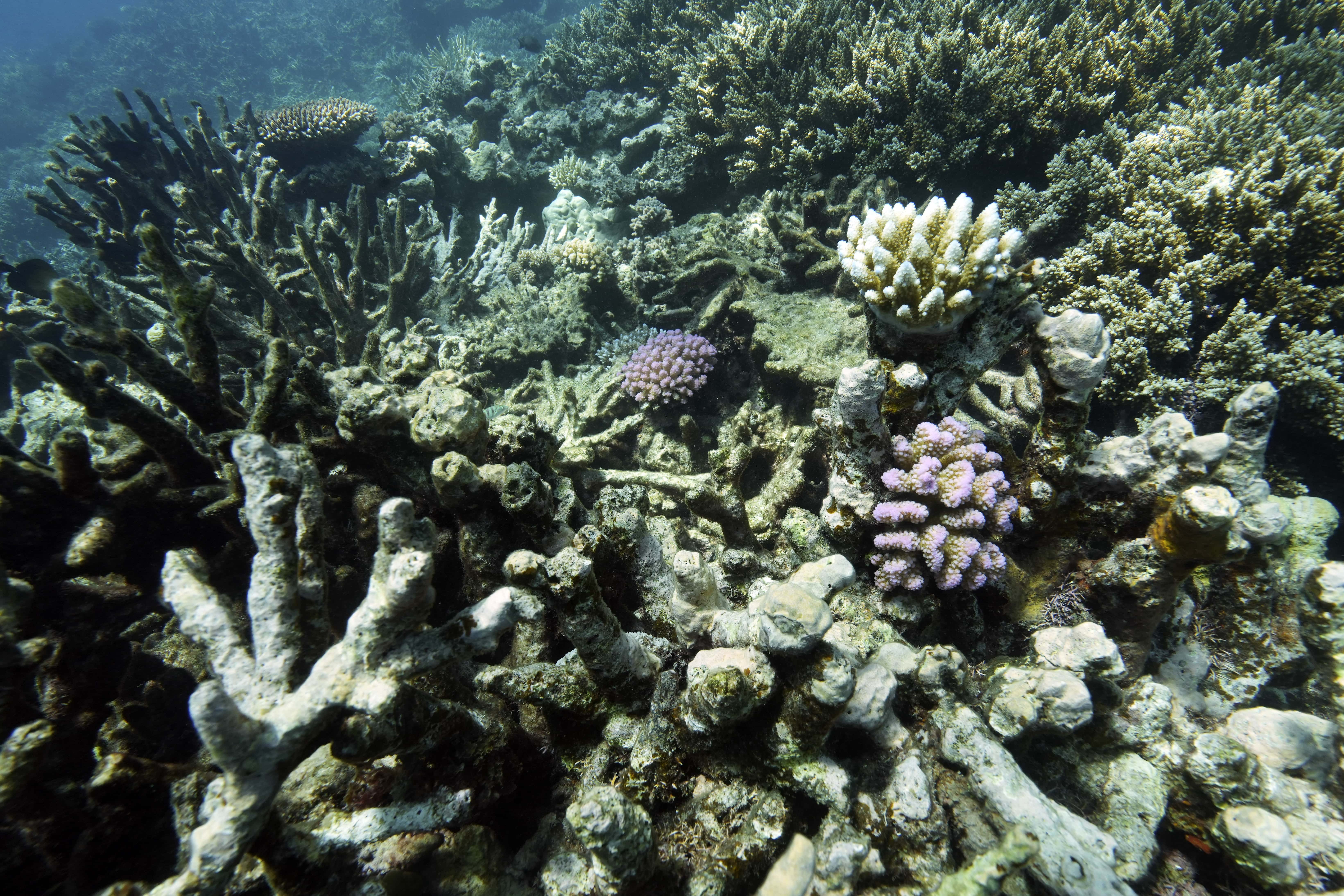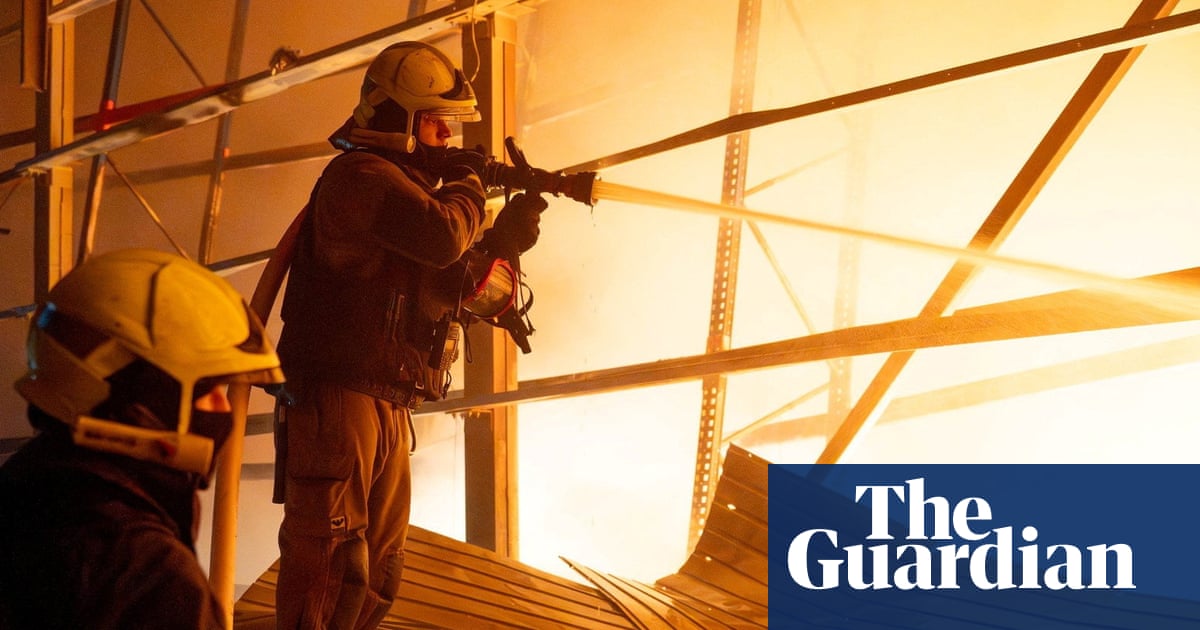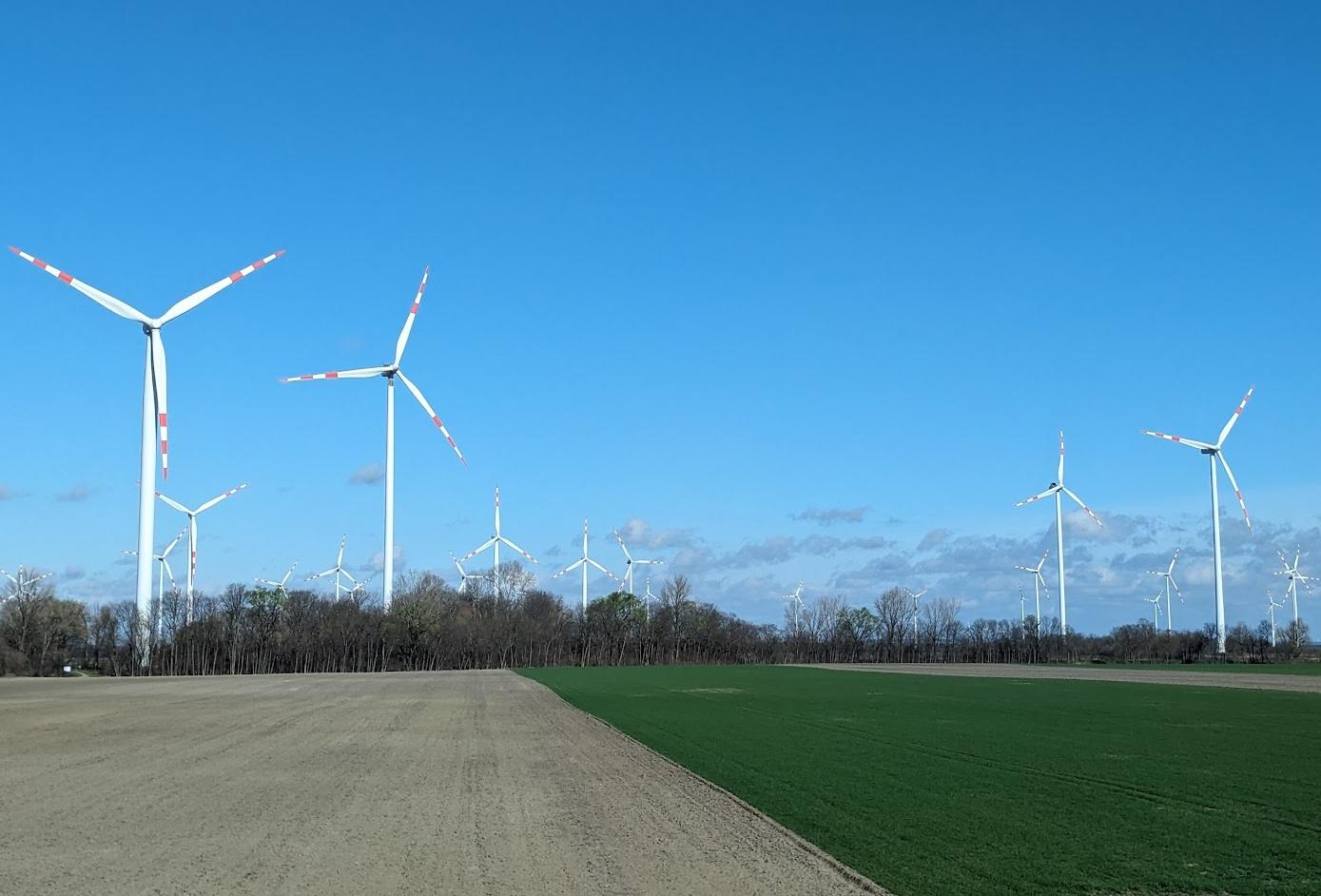The push for deep-sea mining in American Samoa has ignited significant local resistance, as community members grapple with the implications of President Trump's executive order aimed at accelerating this nascent industry. During a recent meeting in Utulei, residents expressed their concerns over a proposal to mine over 18 million acres of their surrounding waters, which they view as integral to their cultural and environmental heritage. Despite promises from mining companies like Impossible Metals to share profits, local leaders and residents are adamant that the ocean is not merely a resource to exploit; it is a vital part of their identity and livelihood. The tension between federal interests and local autonomy highlights a critical dilemma: who truly has the authority to decide the fate of these waters?
The situation underscores a broader issue of governance and environmental stewardship in U.S. territories, where local voices often lack the power to influence decisions made far away in Washington, D.C. While Impossible Metals touts innovative technologies aimed at minimizing environmental impact, skepticism remains regarding the efficacy and safety of such methods. Experts warn that even the most advanced techniques cannot eliminate the inherent risks of deep-sea mining, particularly given the limited understanding of deep-sea ecosystems. As American Samoa's leaders unite against the mining proposal, the implications extend beyond local waters; they reflect a growing movement advocating for Indigenous rights and environmental justice in the face of corporate and governmental pressures. The community's call for consent is not just about local governance; it is a plea for respect and recognition of their historical ties to the ocean.









